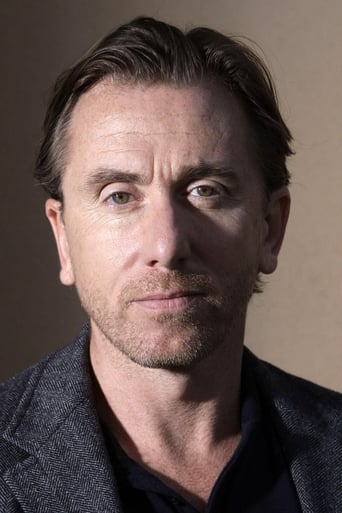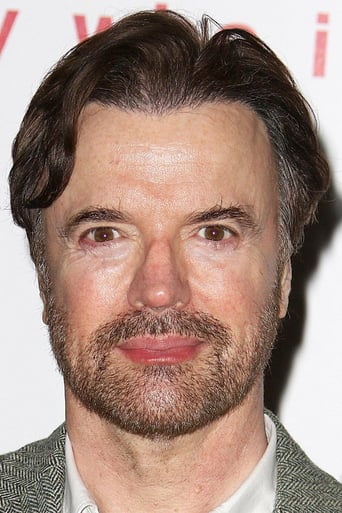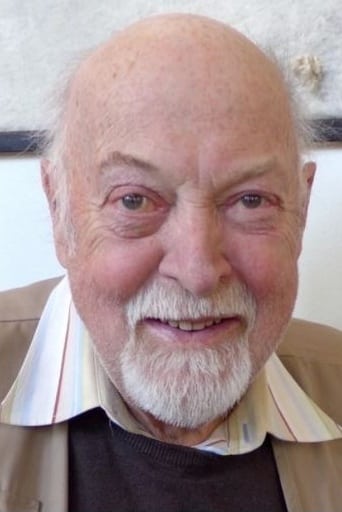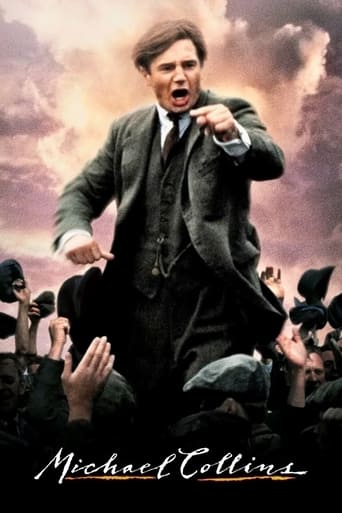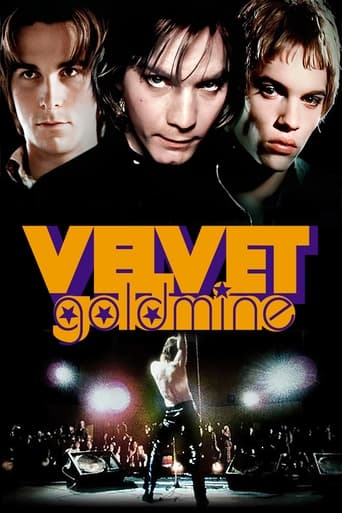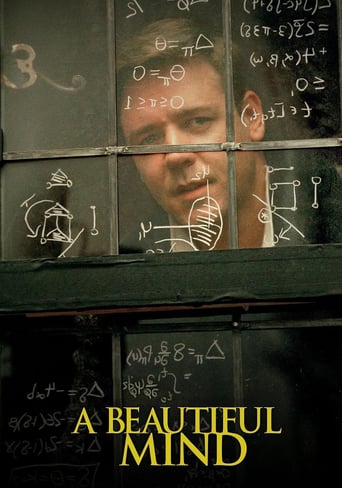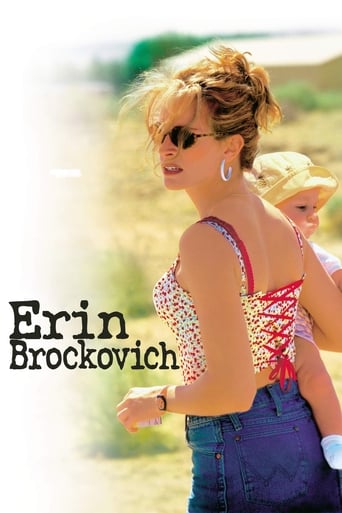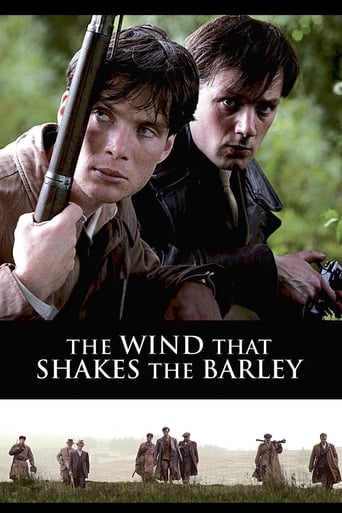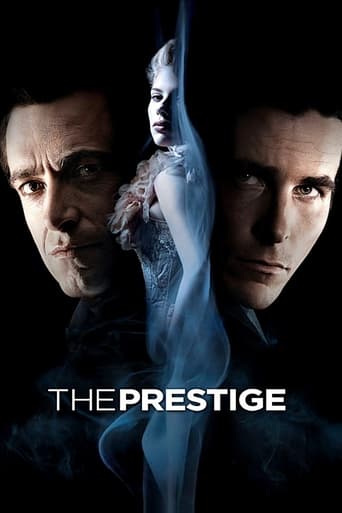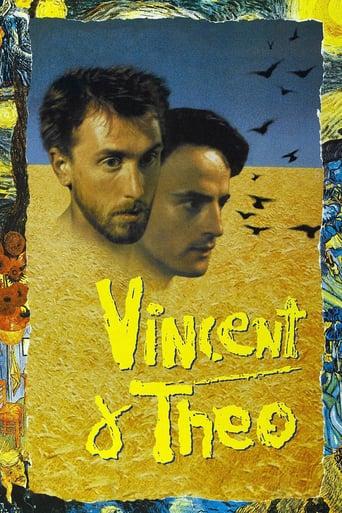
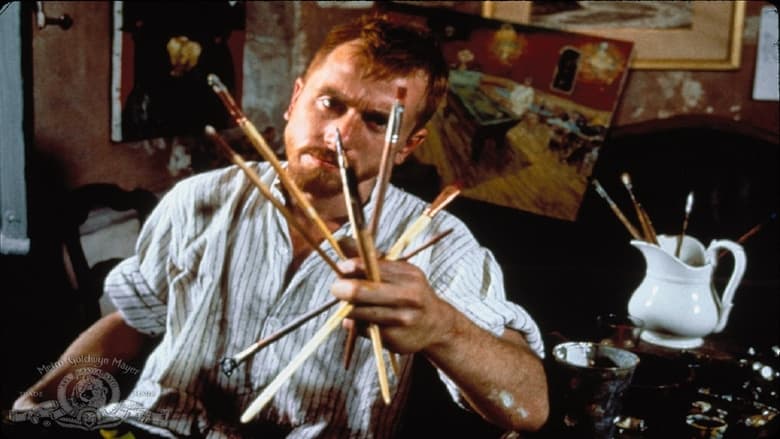
 Watch Now
Watch Now





Vincent & Theo (1990)
 Watch Now
Watch Now





The tragic story of Vincent van Gogh broadened by focusing as well on his brother Theodore, who helped support Vincent. Based on the letters written between the two.
Watch Trailer
Cast


Similar titles
Reviews
Best movie ever!
At first rather annoying in its heavy emphasis on reenactments, this movie ultimately proves fascinating, simply because the complicated, highly dramatic tale it tells still almost defies belief.
The thing I enjoyed most about the film is the fact that it doesn't shy away from being a super-sized-cliche;
One of the worst ways to make a cult movie is to set out to make a cult movie.
"Vincent and Theo" invents one sordid and revolting scene after another and succeeds only in cheapening the legacy of both Vincent and his brother Theo. Though distinctly argumentative and quirky, Vincent was exceedingly well read and well spoken, and had a deeply thoughtful and intellectual rationale for his passionate art, while Theo was an intelligent and personable individual who was successful and highly regarded. Both brothers are ruthlessly sullied and presented as pathetic individuals without any positive attributes in this horrid film. As another reviewer noted, the art works presented in this film are amateur cartoons of the originals, which is certainly not an insignificant detail in a film about a great artist. To understand Vincent and his brother Theo as complex and remarkable individuals, read "Van Gogh: The Life" by Steven Naifeh and Gregory White Smith, a brilliantly researched and eloquently written biography, which is like living with Vincent through nearly every day of his entire life, enabled through the many letters preserved, not just between the brothers but among Vincent's entire family and other artists as well. The 1956 film, "Lust for Life", while admittedly quaint, offers a much more accurate biographical sketch in representing the significant life events of Vincent Van Gogh, and more accurately reveals the complexity of the characters. Further, "Lust for Life", uses actual reproductions of all of the original artwork presented, adding up to a very enjoyable and insightful film. "Vincent and Theo" is a ghastly, cheap horror flick that panders with its base vulgarity and is successful only in defiling the complex and fascinating story of Vincent and his beloved brother Theo.
I really enjoyed Pialat's VAN GOGH, a quiet, languid look at the last two months of the artist's life. While I wouldn't say Altman's take on it follows a standard biopic formula, it does lean more in that direction. It's got a lot more drama, a lot of more of those "jeez, this guy was nuts" moments (and a lot more too-clever "Ah ha, there he is painting that famous work!" bits). We see a number of angry, frustrated outbursts but don't really get a feel for what drove the man in his work or even in his torment. Still, it's a very watchable film with a compelling and not-too-hammy performance by Tim Roth. Paul Rhys is also good in a more subdued role. Although the film is generally rather conventional, there are a few interesting touches, most memorably the film's opening as one of his sunflowers paintings is auctioned for millions, intercut with a scene of the artist living in poverty. A little too on-the-nose, but effective. Interesting score as well.
Robert Altman makes one of the great films about artistic expression, the utter and complete frustration with it, the dregs of having to go through the motions in a capitalistic society where taste is so subjective that it combs over the fact that an artist needs some recognition. We never see Vincent Van Gogh, via equally frustrated (though nowhere near as insane) brother Theo, sell any of his work, and it doesn't help things that as things get more and more desperate, and funds dry up and mental disintegration kicks in, Vincent just starts to snap or look like he'll snap any minute. It's a powerful film not because so much of the full-on drive of the plot, as Altman is infamous for making that the secondary characteristic (if at all) of his films, but for the camaraderie of two brothers, of the very intense push-and-pull between the two of them.It also helps that Altman has three very crucial and, ultimately, exquisitely successful assets. First are his two main actors, Tim Roth and Paul Rhys. Both actors make up the brothers as having a similar temperament: anxiety brushed over by a quiet, isolated mind-set. But as brothers, the two of them act them as two far reaching personalities that somehow come back to the other through some form of need. That, in a way, is a subtext to much of what happens to either brother, of a need of acceptance never reached, either through financial gain or reputation, or just through some semblance of sanity or reason for being with the opposite sex. Rhys is perfect as an uptight, shy, but also very conflicted- sexually and sort of existentially- about what to do with his life, and with his poor brother. He has that look in his eyes like he's a solid individual, but seething underneath is rage and discontent, despite his best efforts. He pulls off this emotive being quite well, even if dipping a little into over-acting at times (he might seem to yell every other scene).Roth, meanwhile, gives one of his crowning achievements as an actor, worthy of Pacino. When he's not going totally ape-s*** in throwing stuff on the ground or painting his or another's face or doing the token ear cutting scene (it's only a lobe, by the way, sorry to disappoint), he seems to be perfectly still with a calm voice, but eyes darting much of the time around. Roth makes Van Gogh less a caricature and more a full-bodied being, as far as can be in an Altman film this understanding of the nature of an artist of the period. You're never sure when he might suddenly snap back, and its equally tense and compelling to see Roth in the scenes of Van Gogh painting, in a field of flowers giving up or when he's transfixed in the act of creating when drawing the prostitute when she's not paying attention. This leads to the second asset, which is Stephen Altman's production design, where nothing is left to the imagination. This, in a way, allows for an almost surreal feeling underneath the veneer of the straightforward. It looks all as if it's shot on location; even the paintings look like they were on loan from the big galleries of the world.And the third asset is Altman himself, though more over his trust in the material. One might wonder what Altman made his own of the script or what was already there. But it seems very much a move from the director to see how the film opens, which is odd and interesting, as footage from an auction where a Van Gogh fetches tens of millions of dollars goes on, with the audio transposed as if it were on some radio somewhere that doesn't exist in the background during the first scene with the brothers where they argue about money and painting and going to Paris. Throughout Altman is always assured with the lens, allowing his actors total freedom, and in this he evens gets creative as his main subject: watch the scene with Van Gogh in the field of dandelions, as his camera starts to do the small zooms and pans with the surroundings, as opposed to just the actor (this also goes for when Vincent and his first lady are in the gallery with the long landscape portrait that at first looks like a shot out of Antonioni). And Altman never goes for easy or cheesy stylizations when it comes to Vincent going off the deep end- we're given a look at it all as if it's so very simple, which makes it even more effective for his intents and purposes.A tale that acts as a slight cautionary tale for aspiring artists, while also probing a mind so delirious and brilliant that it acts as a tale that offers up many interpretations psychologically and historically, Vincent & Theo is ultimately worthwhile for its collection of superlative scenes, of passion running through even in the smaller moments between characters. And the musical score is affecting as well- think a baroque duet with one side a punk rocker.
Altman tells the oft-told story of Vincent Van Gogh and the much less told story of his art dealer brother. The story deftly avoids tortured artist cliches and builds both characters as complex, contradictory individuals. The acting is beyond excellent. Tim Roth shows considerable restraint as Van Gogh, a character that many actors would have chosen to overact. And Rhys's Theo calm surface subtly betrays his inner torment. Altman's camera is a star here as well, and few directors today understand the principle of movement as well as he does. The photography ranges from good to excellent, and the whole films feels like a glimpse into Vincent's world. Like most of Altman's better films, it's character rather than plot driven, so some will certainly say that it's 'boring'. If you are prone to say things like this, it's probably not for you, but anyone who is a fan of Altman's earlier films will be pleased.


